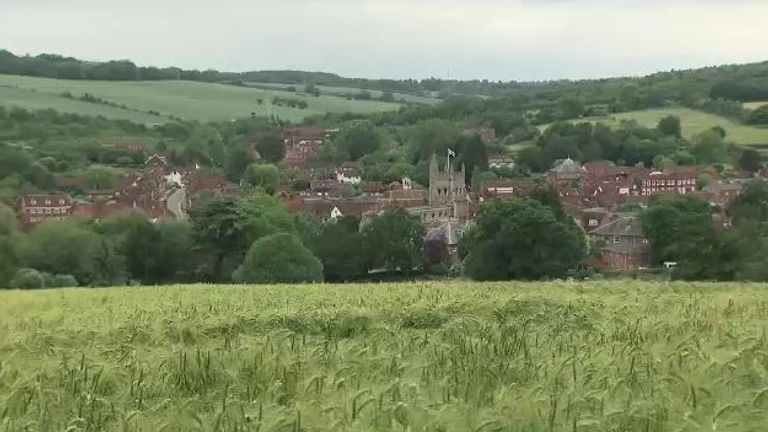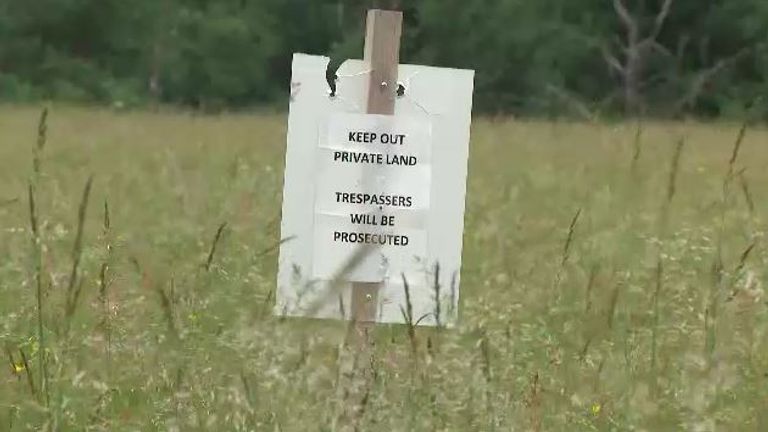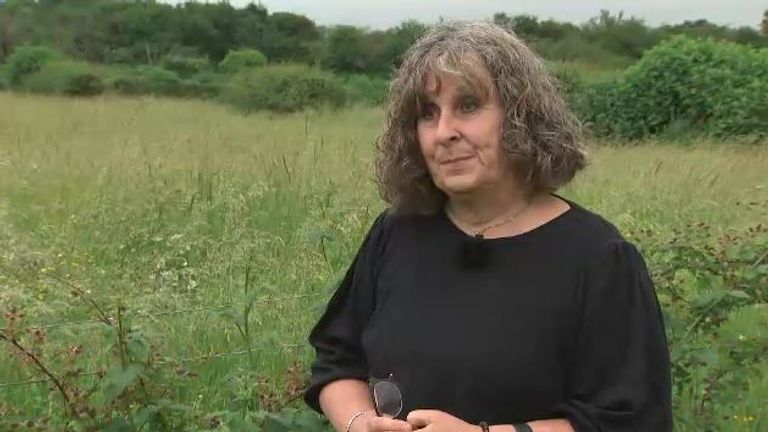Planning reforms are bulldozing Conservative support
Prime Minister Boris Johnson is under pressure to abandon planning reforms after Conservatives at national and local level blamed them for the party’s shock defeat in the Chesham and Amersham by-election.
Liberal Democrat candidate Sarah Green overturned a 16,000 Conservative majority to win the seat by 8,000 votes in a contest triggered by the death of Dame Cheryl Gillan.
Local factors played a significant part in the seismic result, including the HS2 rail line that runs through the Buckinghamshire constituency, and concerns that changes to planning law could reduce green belt protection in the Chilterns.
Conservative Party co-chair Amanda Milling said the “concerns about planning and HS2 were loud and clear”.
“I am in no doubt that this result is a warning shot,” she wrote in the Telegraph.
Former environment secretary Theresa Villiers urged ministers “to use this as an opportunity to rethink their approach to planning reform”, while writing in the same newspaper.
“This by-election result should pave the way for a reduction in housing targets for the London suburbs and the South East,” she said.
“We need a fairer distribution of new homes across the country, rather than seeking to cram so many thousands more into the crowded South. There needs to be a stronger focus on brownfield sites in urban inner city areas.”
Mr Johnson’s proposals would see the country divided up into planning zones where new developments in “growth areas”, selected on the basis of need in part by an algorithm, would automatically receive permission.
Residents would also lose the ability to object to specific proposals, retaining only the right to question overall development plans.
The prime minister said his reforms had been “misunderstood” and argued that young people have the right to rates of home ownership enjoyed by their parents’ generation.
Increasing home building is also seen as a way of retaining Conservative support in the northern former Labour seats that helped deliver his majority at the last election.
In the South East however, where demand for housing is acute, MPs and activists warn that Conservative voters are being alienated, and Mr Johnson risks taking them for granted.
Graham Harris, a councillor and former chairman of Chesham and Amersham Conservatives, blamed central government for failing to explain its aims.
“There’s a great deal of feeling here to try and preserve the real character of the green belt, and government has not done enough to explain the need for all the extra housing,” he told Sky News.
“We have got a problem here, we have limited infrastructure, the roads are overcrowded, and people also want to preserve the town centre, which the government says should also see more flats.
“People have moved here to this area because green space is open air and they don’t want to see it expanded into a further suburb of London.”
Susan Jamson is one of those with concerns.
Her home in Hazlemere overlooks land that was designated green belt, separating her village from the neighbouring Holmer Green.
The green belt status was downgraded in 2019 to allow development, however, and 103 homes are planned for the site.
“I know people need housing, I’m not against development,” she said.
“What I’m against is where you join up villages, where you overcrowd, where there’s no infrastructure; we don’t have doctors, we don’t have school places, we don’t have roads, it takes hours to go anywhere.
“How can you possibly put in houses and then think about the infrastructure afterwards?”
Winchester in Hampshire faces similar practical and political issues.
It is a Conservative-held seat high on the Liberal Democrats’ target list, where new housing developments are contested and controversial.
Former Conservative councillor Ian Tait now campaigns for social housing in the city and said the law has to shift to address the housing deficit.
“Countryside is a finite commodity, so I wouldn’t want to personally just build for the sake of building,” he said.
“But affordable housing is built at higher densities, so you could build quite a few houses without actually losing a great deal of open space.
“And I think there’s a moral requirement on us to ensure there is adequate housing to meet our population.”
There are no quick solutions to the UK’s acute housing crisis, but bulldozing traditional Conservative support was never part of the government’s plan.
Source: Read Full Article





